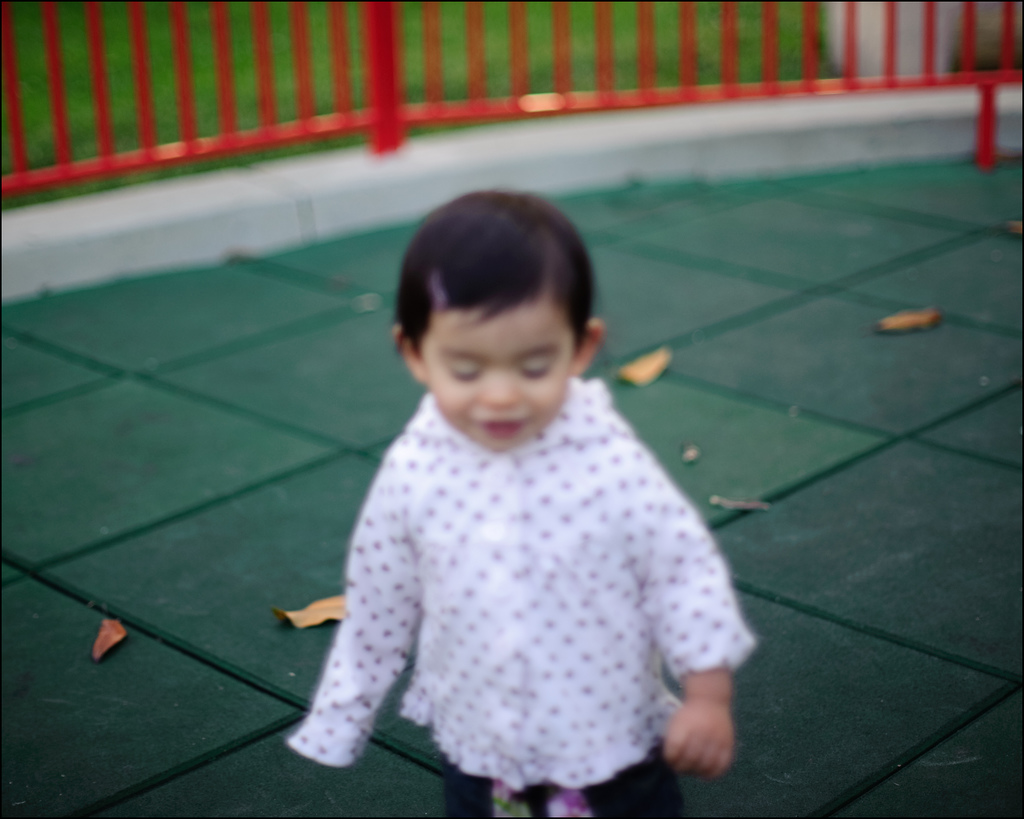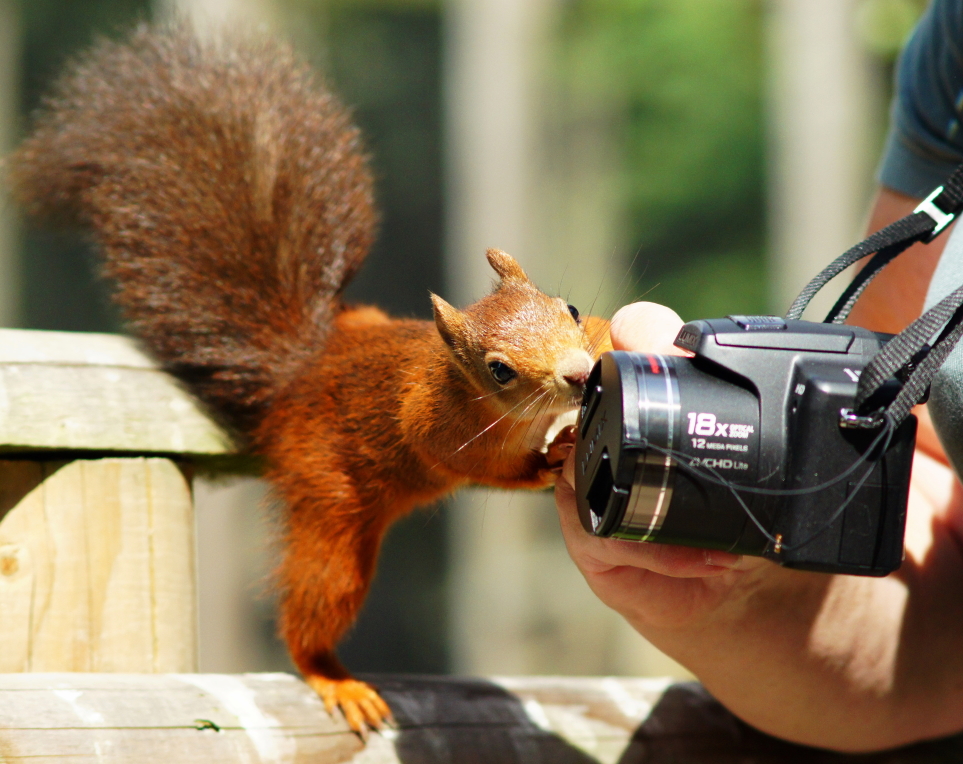1. Leaving the lens cap on

by Peter Trimming
Amateurs are responsible of creating a number of the most cardinal of errors. Though, we do are inclined to blame amateurs however skilled are additionally responsible of the identical errors occasionally. Name it oversight or simply plain callousness, however leaving the lens cap on after which questioning why the viewfinder is so darkish is one thing that we’re all responsible of at one level of time or different. To beat this concern, I’ve personally made it some extent to take a look at the entrance of the lens earlier than starting each new picture session. That is simply to make sure that I’m not responsible of getting left the lens cap on. It saves me from the blushes and the missed picture alternatives.
2. Switching to monochrome after which forgetting to change again on

by Stephen Wolfe
Black and white photographs are capable of seize the essence of a scene with out the distracting colours. Once you take away the colours all you’re left with is the inherent great thing about a topic or a narrative that slowly unfurls in entrance of the viewer. Monochrome photographs seem considerably darkish and mysterious, but when completed rightly in addition they are inclined to end in breathtaking compositions. Newcomers typically are impressed to experiment with monochrome compositions. However after having experimented with shades of gray and black they neglect to alter again to regular colour. The result’s unintentional monochrome photos when colour ought to have been the higher possibility.
3. Utilizing the publicity compensation possibility and forgetting to reset it afterwards

by Robert
The publicity compensation button is a very useful management. It’s an override of types for the precedence and programmed auto modes. In some sense it’s like utilizing your DSLR within the guide mode with out really altering to guide. Whatever the cause so that you can use publicity compensation you have to to recollect to change again if you end up completed. Relying on the quantity of publicity compensation used, if you don’t revert again, it should proceed to have an effect on all of your photos from thereon. Relying on whether or not you may have used constructive publicity compensation or damaging publicity compensation, you’ll find yourself with all of your photos both over-exposed or under-exposed. Certain you possibly can right the impacts in Lightroom or Photoshop, however at instances this will lengthen your publish processing workflow by a substantial extent.
4. Forgetting to obtain the photographs and getting caught with a full reminiscence card

by James Bowe
Make it a behavior to obtain all of your photos on to your pc exhausting drive after you conclude taking pictures for the day. A easy folder construction may very well be 12 months > month > day or 12 months > month > event_day. I take advantage of the second to make sure that my photos are by no means misplaced and likewise in order that I can find a picture once I want it in a jiffy. A further benefit is that once I arrive at an occasion, I’m by no means caught with a reminiscence card filled with photos that I’ve not but downloaded.
5. Choosing a giant ISO quantity for taking pictures in darker circumstances after which forgetting to alter again, or vice versa
ISO is a measure of the sensitivity of the sensor to mild. It’s expressed as a quantity. Larger the quantity, increased is the sensitivity and vice versa. Often when taking pictures in low mild circumstances, a photographer would use the next ISO quantity to extend the sensitivity to mild and thereby make a correct publicity. When taking pictures in broad daylight that very same increased ISO will, nonetheless, create an over-exposed picture. Amateurs typically make this error. They neglect to revert again and thereby lose picture alternatives. The easiest way to deal with that is to verify for the ISO settings at first of a brand new picture session.
6. Selecting the wrong focus mode

by Jorge Gonzalez
Focusing modes denote which focusing possibility you may have chosen. There are three focusing modes accessible in most digital SLR cameras. They’re AF-A or auto-servo AF, AF-S or single-servo AF and AF-C or steady Servo-AF. AF-S is the best auto focusing mode if you end up taking pictures a stationary topic. AF-C is right for a topic that’s shifting round and AF-A is the choice which it is best to go for if you end up unsure whether or not to go for AF-S or AF-C. On this mode the digicam decides the AF mode. This prolonged rationalization was crucial as a result of as a newbie most are responsible of choosing the wrong AF mode. Generally this is because of pure ignorance and at different instances on account of laziness. This ends in poor AF efficiency and blurry photos. Let’s say you’re taking pictures a child taking part in within the yard. The best AF mode is AF-C. On this mode when the topic strikes from one space of the body to the opposite the corresponding AF level overlapping that space acquires focus. The topic, because of this is rarely out of focus. If you choose AF-S, and if the topic strikes after focus is locked, you have to to re-acquire focus. In any other case the topic is out of focus.
7. Choosing shutter-delay mode after which forgetting to alter it again

by Marquis C.
It is a traditional instance of forgetfulness. If it makes any higher I’ve, myself, been responsible of this on a variety of events. Shutter delay mode is primarily used for group photographs. Which is completely fantastic. Besides, while you neglect to revert again. I keep in mind having set my digicam on a ten second delay in order that I might run and match myself in a bunch in addition to have the time to choose up my daughter. It was a success. The embarrassment was once I forgot to revert again whereas taking pictures a portrait picture. Think about my predicament once I clicked the shutter and realizing my mistake needed to hold pretending that I’m nonetheless composing till the shot was lastly taken!
Many of the above errors could be averted by checking your tools earlier than leaving dwelling and taking a few take a look at photographs upon arriving on the venue and earlier than beginning the principle shoot.
- Writer
- Current Posts
Ben Novoselsky
Phowd.com
Newest posts by Ben Novoselsky (see all)
- How To Retailer Photographs So They Don’t Get Ruined – April 26, 2018
- Tips for Mastering Lengthy Publicity Evening Pictures – November 7, 2017
- Tricks to Take Higher Photographs On Your Telephone – October 29, 2017
